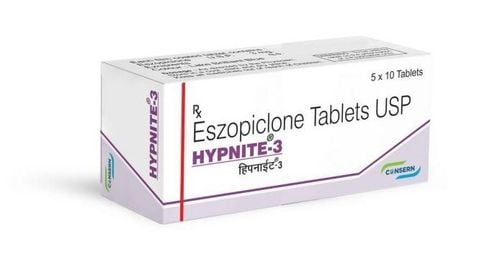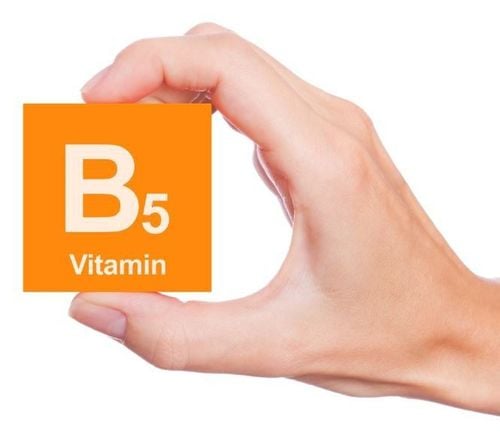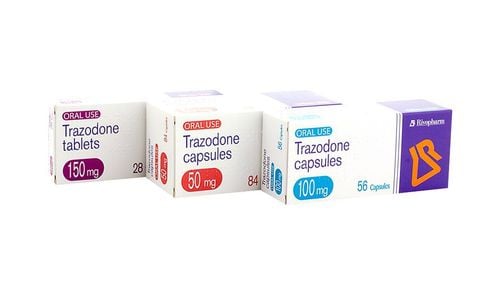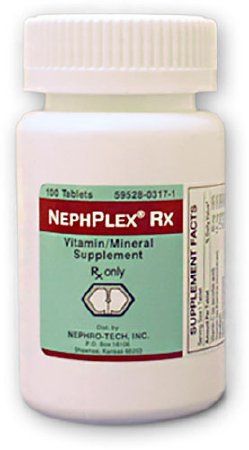This is an automatically translated article.
Black sesame seeds, also known as kala Til, are one of the oldest spices known to man. Black sesame seeds may be a small nut but are certainly a very powerful nut, used for a variety of health-promoting and anti-aging benefits. The following article will provide information about the effects of black sesame seeds.1. Nutrition of black sesame seeds
According to the USDA Food Composition Database, the macronutrients in 2 tablespoons of whole-grain black sesame seeds include:Total fat: 9 grams Low carbohydrate: 4 grams High fiber: 2 grams Source good protein: 3.2 grams Black sesame seeds benefits contain an impressive nutrient profile of key vitamins and minerals important for your health. For every 2 tablespoons, the tiny seeds provide a good portion of your Daily Value (DV), based on a 2,000-calorie diet, for:
Calcium: 14% DV Thiamine (vitamin B1): 12% DV Riboflavin ( vitamin B2): 3% DV Folate (vitamin B9): 4% DV Niacin (vitamin B3) 4% DV Phosphorus: 9% DV Zinc : 13% DV Manganese : 19% DV Vitamin E : 2% DV Iron : 15% DV Magnesium : 15% DV Copper: 82% DV
2. 16 Health and Nutritional Benefits of Black Sesame Seeds
2.1. Good source of fiber Three tablespoons (30 grams) of unshelled sesame seeds provide 3.5 grams of fiber, 12% of the Reference Daily Intake (RDI)Fiber is well known for supporting health digestive health. In addition, there is growing evidence that fiber may play a role in reducing the risk of metabolic cardiovascular disease, certain cancers, obesity, and type 2 diabetes.
2.2. Helps Digestion Since black sesame seeds are a great source of fiber, providing 8% of the DV in just a 2-tbsp serving, they can help you stay on top of your regular diet. Fiber is the part of food that your body cannot digest or absorb. It stays intact, adds bulk and draws water to your digested food, softens your stool, so it can pass smoothly through the stomach and colon and helps prevent constipation. .
By keeping your digestive system functioning properly, the fiber in sesame seeds can help alleviate symptoms caused by irritable bowel syndrome, hemorrhoids, appendicitis and other digestive disorders. . In addition, dietary fiber has been shown to reduce the risk of colon cancer.

Hạt vừng có tác dụng gì là thắc mắc của nhiều người
Black sesame seeds do not contain trans fats. Per 2 tablespoons, they have 1.3 grams of saturated fat, which you should limit to less than 10 percent of your total daily calories, recommends the Dietary Guidelines.
Sesame seeds contain 50 to 60% high-quality fats, rich in polyunsaturated fatty acids (4 grams) and monounsaturated fats (3.4 grams) per 2 tablespoons. Substituting saturated fat for unsaturated fat may contribute to lowering LDL (bad) cholesterol, which may help reduce heart disease risk as much as cholesterol-lowering drugs.
2.4. Strengthens Your Bones The calcium in black sesame seeds is the most important mineral for bone health. But black sesame seeds also contain many other minerals that help strengthen bones. Magnesium, phosphorus, calcium, copper, iron, and zinc all play a role in maintaining bone density, according to American Bone Health.
About 50 to 60% of magnesium resides in your bones, making the mineral important for the maintenance of your skeletal system. Maintaining adequate magnesium levels may help reduce the risk of osteoporosis in postmenopausal women, says the National Institutes of Health. With 85 percent of phosphorus in the body found in bones as calcium phosphate, a deficiency in phosphorus can lead to calcium depletion and lead to serious bone diseases, according to the NIH.
The amount of calcium in your body is needed to support the hardness and structure of your teeth and bones. A calcium deficiency can cause low bone mass and increase the risk of osteoporosis and fractures. The copper, iron, and zinc in black sesame seeds are involved in collagen synthesis, which helps provide the necessary infrastructure to hold your bones together.
2.5. Contains beneficial antioxidants Black and white sesame seeds and seed oils may help prevent disease due to their antioxidant effects. This may be because a group of phenylpropanoid compounds in sesame, specifically the lignans in sesame, consist of two unique components - sesamin and sesamolin. These antioxidants provide defense against harmful free radicals. Free radicals are a byproduct of metabolic functions in your body, such as digestion, and can also come from the environment, such as pollutants.
2.6. Helps Prevent Cardiovascular Disease Due to its known anti-inflammatory and antioxidant properties, sesame oil was used in a study to look at the link between sesame and atherosclerosis, a disease in the heart. That's where plaque builds up along the walls of your arteries. Since elevated LDL is a risk factor for atherosclerotic disease, it is thought that lowering cholesterol may reduce the occurrence of atherosclerosis and consequent heart disease risk.
Conclusion, published in the July 2017 issue of the journal Cureus, reports that sesame oil shows promise in reducing high cholesterol and inflammation, reducing the risk of atherosclerosis, and reducing the risk of cardiovascular disease. The researchers recommend further studies to investigate the possibility of using sesame seed oil as an alternative or supplement to traditional treatments such as statins and metformin.
2.7. Lowers cholesterol levels Sesame seeds consist of 15% saturated fat, 41% polyunsaturated fat and 39% monounsaturated fat.
Black sesame seeds and sesame seed oil are high in phytosterols that lower high cholesterol. Phytosterols are a plant sterol that is structurally similar to cholesterol. They replace dietary cholesterol in the intestinal tract, reducing the amount of available and absorbable cholesterol. The Linus Pauling Institute says consuming 2 grams of phytosterols daily from foods can significantly reduce LDL (bad) cholesterol by 8 to 10 percent.
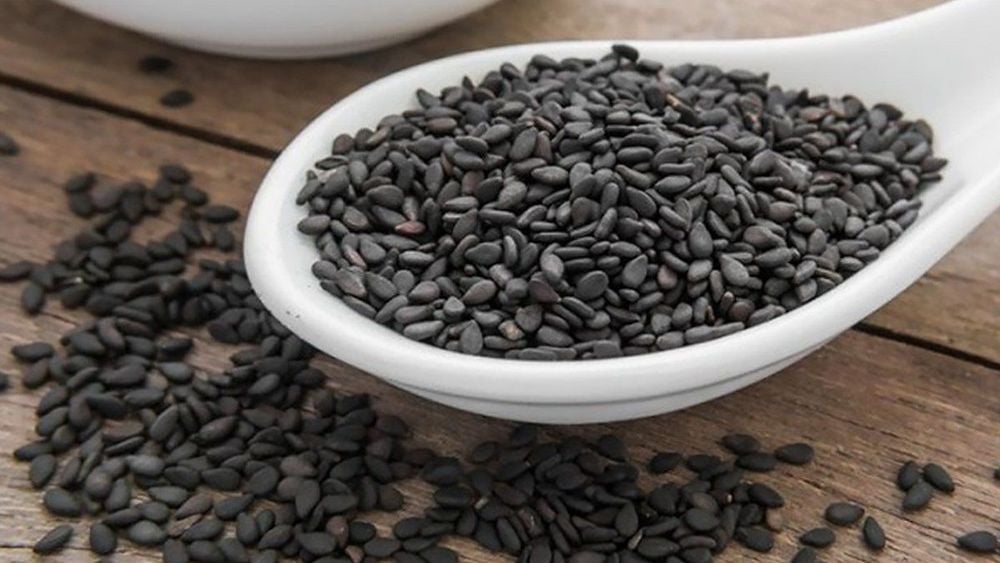
Hạt vừng đen là loại hạt rất nhỏ nhưng có nhiều lợi ích đối với sức khỏe con người
Magnesium's role in supporting its calming effects and good night sleep may be due to its ability to help your body maintain GABA in the brain. GABA (aka gamma-aminobutyric acid), is a neurotransmitter that promotes feelings of tranquility and regulates your sleep cycle. Magnesium also keeps glutamate, an excitatory neurotransmitter, within healthy limits.
2.9. Take care of your skin Sesame seeds contain zinc, an important component in the formation of collagen, which helps strengthen muscle tissue, hair and skin. In addition, sesame oil contains vitamin E, which reduces the appearance of burns and marks on the skin, as well as helping to avoid signs of premature aging.
2.10. Hair Health Sesame seeds are rich in plant polyphenols, which promote hair health. Sesame seed oil is often massaged into the scalp to reduce premature graying of hair and promote hair growth because of the presence of vitamins and minerals. The amino acids and antioxidants in this oil help return shine to dull hair.
2.11. Improves Oral Health Perhaps the most notable effects of sesame seeds are its powerful effects on oral health. Oil pulling with sesame seed oil can have potent antibacterial and astringent effects on all aspects of oral health. It is also closely linked to reducing the presence of Streptococcus bacteria, a common bacteria that can wreak havoc on your oral cavity and other parts of your body.
2.12. Increases fertility in men Sesame seeds when added to a man's diet will help improve sperm quality and increase male fertility. A 2013 study published in the Journal of Medical Science Research found that 25 infertile men, ages 27 to 40, were fed sesame seeds for three months. They showed significant improvement in sperm count and motility.
2 . 13. Supports hormone balance during perimenopause Sesame seeds contain phytoestrogens, plant compounds similar to the hormone estrogen.
Therefore, sesame seeds may be beneficial for women as estrogen levels drop during menopause. For example, phytoestrogens can help combat hot flashes and other symptoms of low estrogen.
Furthermore, these compounds may reduce the risk of certain diseases - such as breast cancer during menopause. However, more research is still needed.
2.14. Reduces Inflammation The high copper content in sesame seeds helps to reduce inflammation in joints, bones and muscles, thus contributing to the prevention of the pain associated with arthritis. Furthermore, copper is an essential mineral for strengthening blood vessels, bones and joints. Finally, copper is needed for the absorption of iron, an important component of hemoglobin. Therefore, proper copper content in the body maximizes circulation and ensures that the organ systems of the entire body receive enough oxygen to function properly.
2.15. Enhance metabolic function Sesame seeds contain a large amount of protein, which is broken down and reassembled from its parts into usable proteins for the human body. This promotes overall strength, healthy cell growth, mobility, energy levels, and enhanced metabolic function. This is confirmed in research published in the Journal of Agricultural and Food Chemistry

Hạt vừng đen có khả năng gây dị ứng như phát ban
Your thyroid contains the highest concentration of selenium of any organ in your body. This mineral plays an important role in the creation of thyroid hormones. In addition, sesame seeds are a good source of iron, copper, zinc and vitamin B6, which also aid in thyroid hormone production and support thyroid health.
3. Side effects to watch out for Sesame seeds are one of the top allergy-causing foods. You may experience an allergic reaction if your body's immune system overreacts to a particular protein. Symptoms of an allergic reaction can develop quickly and range from mild to severe. These may include:
Facial flushing, rash, hives or red and itchy skin Swelling of throat, eyes, face, lips or tongue Difficulty breathing, speaking or swallowing Anxiety, distress, fainting, paleness or weakness Cramping, diarrhea, or vomiting Loss of consciousness A serious allergic reaction that can cause life-threatening anaphylaxis requires immediate medical attention. If you experience any of these symptoms, go to the hospital:
Sore throat and choking Severe drop in blood pressure Restricted airways in the lungs Sesame seeds are a good source of healthy fats , protein, B vitamins, minerals, fiber, antioxidants and other beneficial plant compounds.
Regularly eating them can help control blood sugar, prevent cardiovascular diseases and lower cholesterol. To optimize nutrient intake, you can eat soaked or roasted sesame seeds.
Please dial HOTLINE for more information or register for an appointment HERE. Download MyVinmec app to make appointments faster and to manage your bookings easily.
References: healthline.com, organicfacts.net




